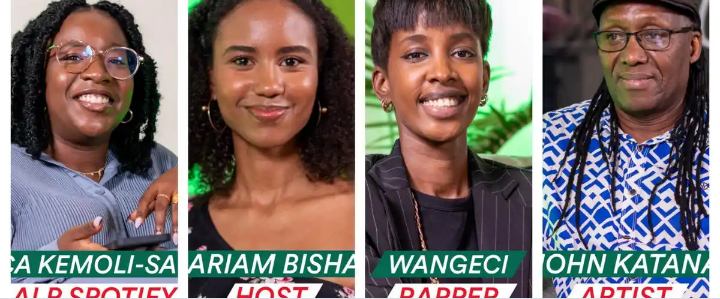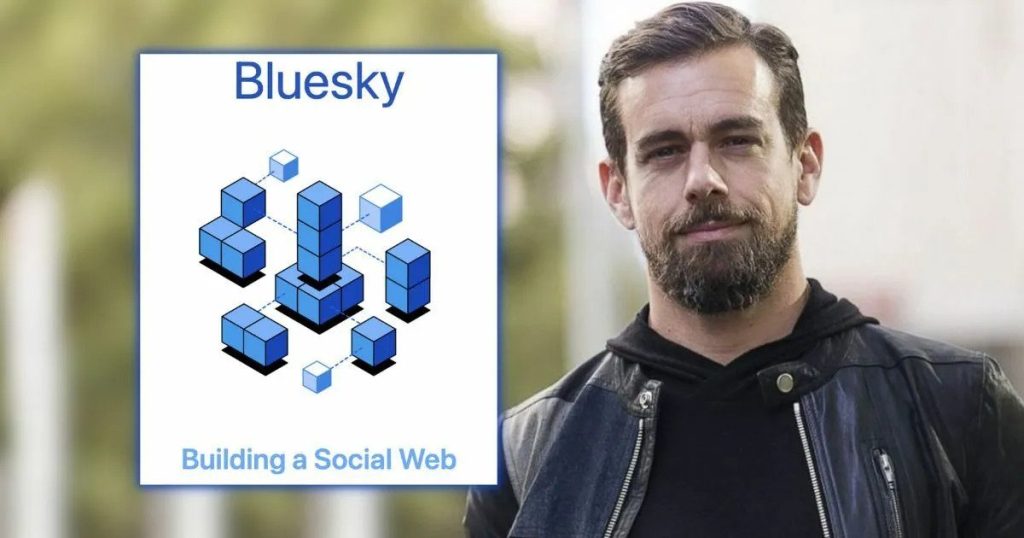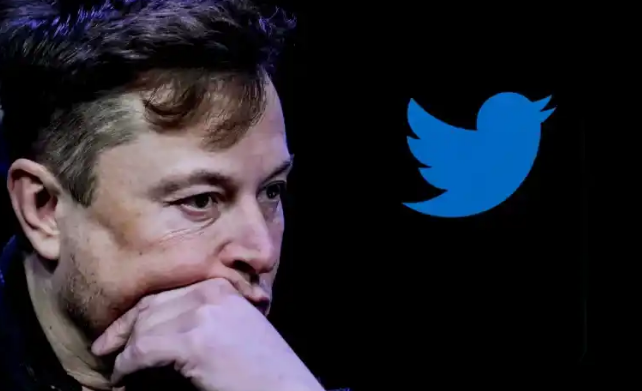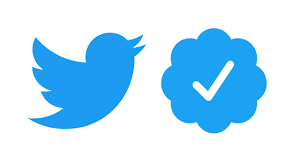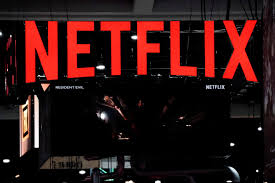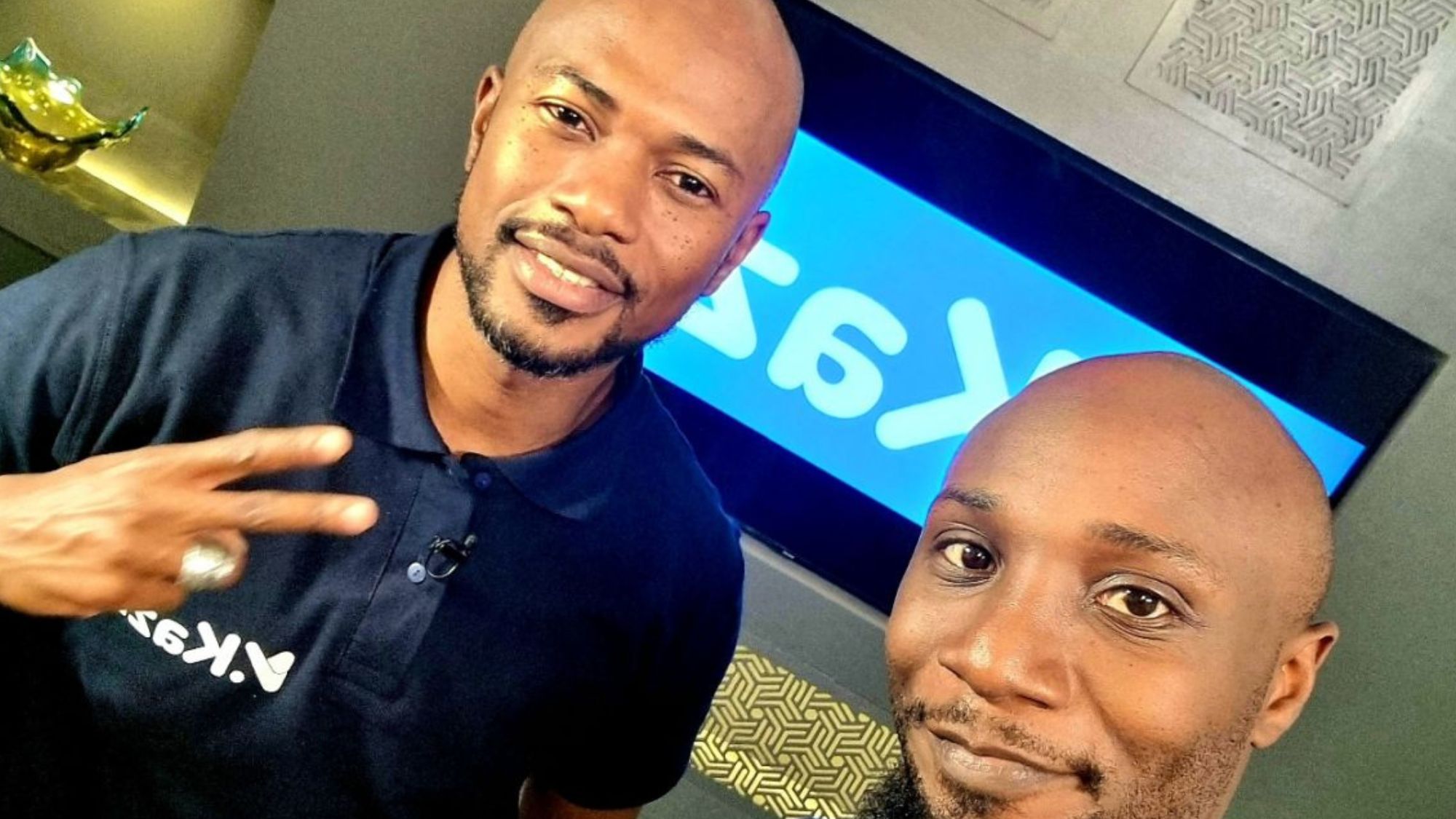Spotify, a well-recognized and popular African music App in Africa, has grown and expanded over the last few years after it started. Several factors can be associated with this development, including but not limited to the collaboration with local and international artists, including music streaming and social media.
But, somehow, only a few of these artists are benefiting from the success of this industry as a lot of them, including many skilled and talented creators, are still struggling to survive and break through this.
Spotify has made it known that this is the reason for which it launched Spotify Talks Africa, a new development of video series that aims at bringing together, in conversation, the continent (Africa’s) music industry stakeholders.
The Spotify Talks Africa is a forum created for featured panellists to dialogue and discuss issues facing the African music industry and further discuss and plan for the strategies needed to bring a solution to this and get an outcome of success and excellency among the artists and creatives.
The quarterly released videos have been arranged and planned in a way that each video episode is themed around the various pressing issues in the industry. This includes but is not limited to the pressing issues ranging from how music streaming is keeping legacy acts alive to the lived experiences of women in the music industry.
The panellists involved in the discussion and decision-making in the forum are drawn from experts and artists, including producers across the music industry. However, this does not exclude the Spotify Sub-Saharan African team members, who provide insight into the role of streaming in the music industry.
Read also: A three-month free trial is now available on Spotify
The previous highlight of the first episode
Mariam Bishar hosts the first episode, a popular Kenyan media personality in conversation with the band leader of the legendary group Them Mushrooms, John Katana Harrison; Wangechi, a good and famous Kenyan rapper who just returned from a three-year hiatus; and Monica Kemoli-Savanne, Spotify’s Artist & Label Partnerships Manager for the East Africa.
Further Details On The Panelists’ Discussion On Spotify Talks Africa
The long and robust discussion and dialogue in the forum touch on various aspects, such as the exportation of music to new audiences, music royalties and important tools needed to grow as an artist. They also never forgot to discuss technology’s role in all of these, as it is a crucial part that should not have been exempted.
John Katana Harrison, while speaking on how streaming has changed the music industry in the whole of the continent of Africa, expressed his thought and remarked that it is a great thing and how surprised they are now where people are listening to their music.
He then concluded by saying that it has brought a new avenue where music can be taken anywhere, not just within the country alone but also beyond the country, throughout Africa and beyond.
In response to this, Wangechi added that collaboration is needed in music and probably any other industry because then you put the artist’s fan base.
Another speaker in the forum among the panellists, Monica, then spoke, encouraging the artists to tap into the backend through Spotify for Artists and build and grow their strategies around that data. She also made another point for saying this when she added that you could see the demographic of who is listening to your music from age to gender and also by location.
Mushrooms’ Participation in Spotify Talks
Spotify Talks’ participation by mushrooms can result in even more growth for the industry, and if Mushrooms are any indication, relevance and longevity can also result.
Mushrooms’ participation in Spotify Talks is part of Spotify’s celebration of the band’s 50th anniversary.
Additionally, you can watch the full conversation on spotifytalksafrica.byspotify.com
